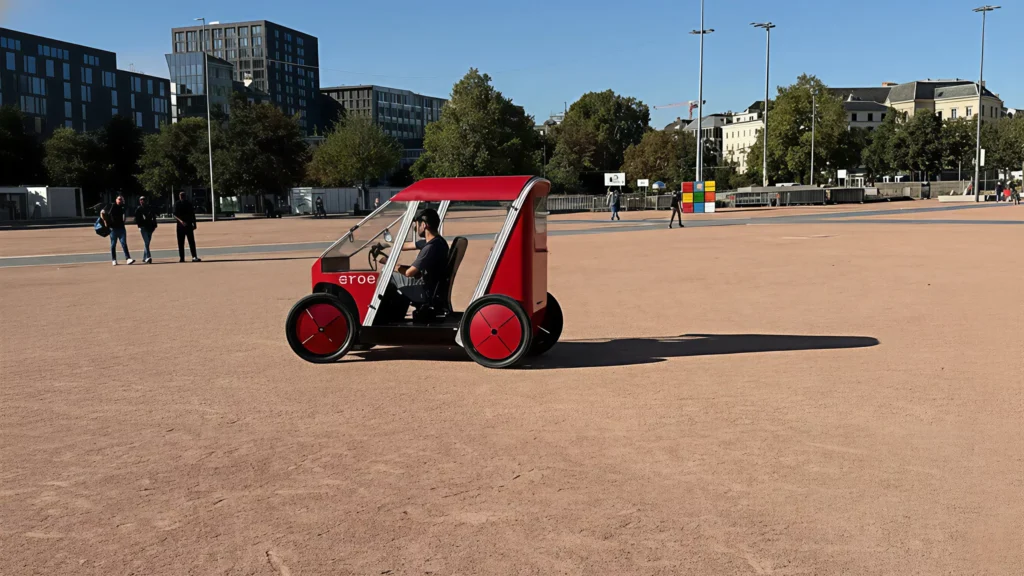
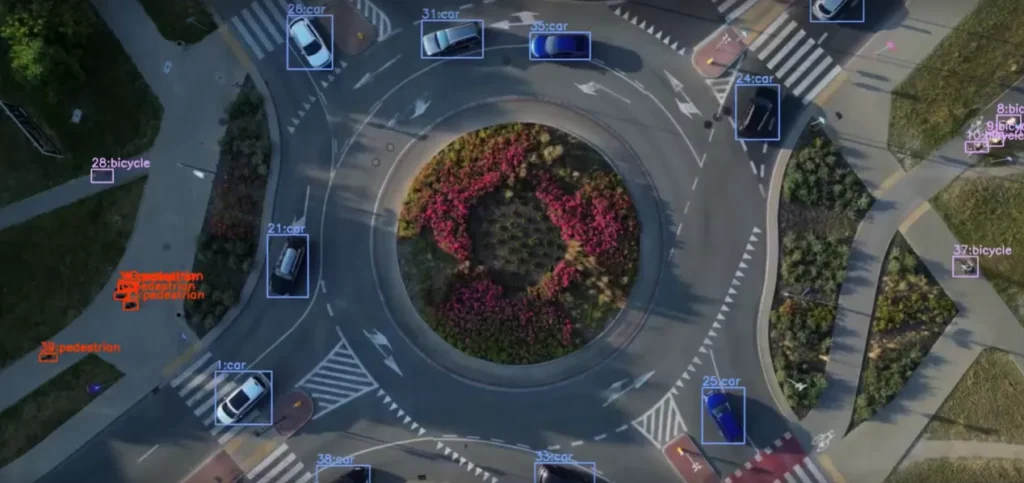
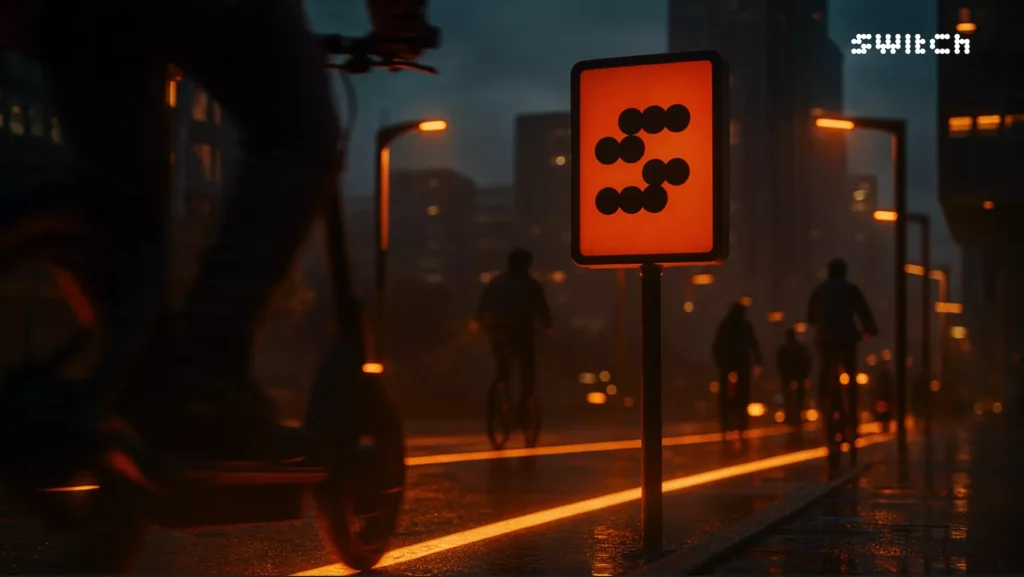



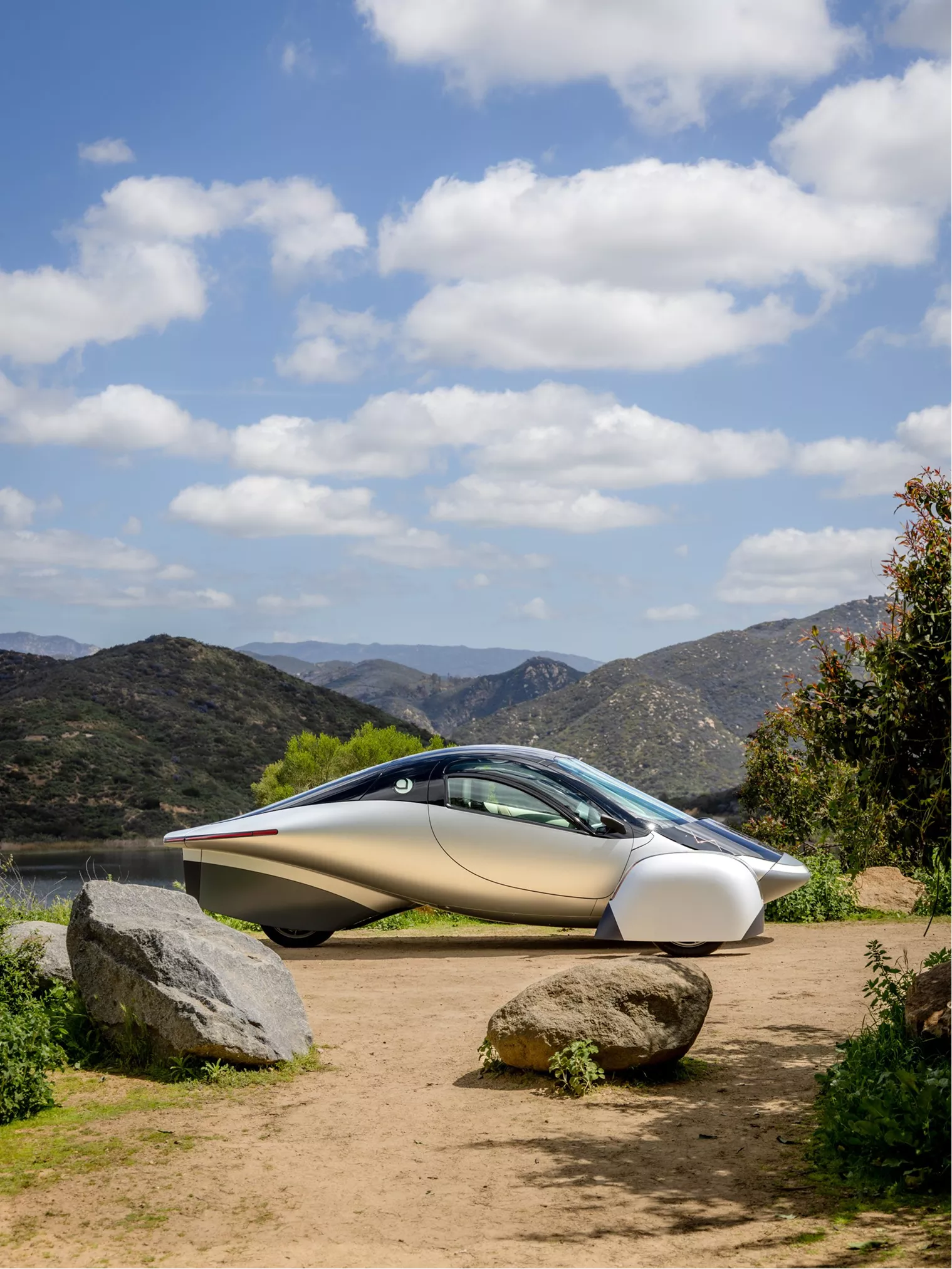
From EVs and batteries to autonomous vehicles and urban transport, we cover what actually matters. Delivered to your inbox weekly.
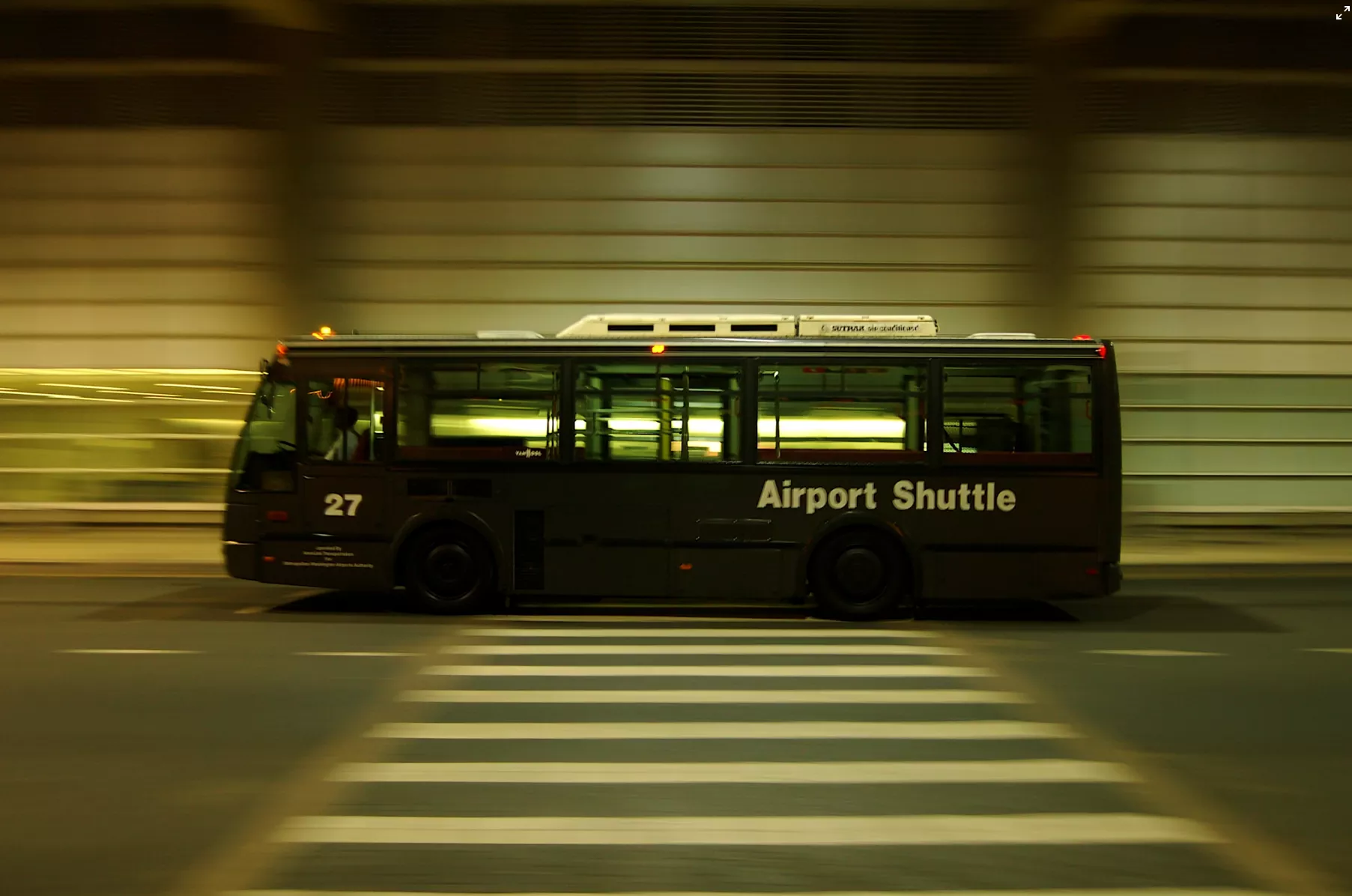
Across Europe, Africa, Asia, and beyond, startups are building smarter charging systems, rethinking public transit, and designing vehicles no one else dares to.
In the past month alone, we’ve seen:
Let’s dive right into this.
Battery recycling is about to get faster, cheaper, and more scalable. Luxembourg’s Circu Li-ion is rolling out robots that dismantle EV, e-bike, and scooter batteries with 47% lower costs and 98% component recovery. Their model is flexible – ship your packs to their certified facility, or deploy a robot on-site through Machine-as-a-Service. Either way, the goal is the same: to turn end-of-life batteries into a reusable resource instead of waste.
Spain’s ASIMOB deployed its AI Autonomous Road Inspector to audit 4,000 km of roads, finding over half in poor condition. It’s now adding lighting inspections and pilots in the Netherlands. It’s easy to see why this matters – infrastructure maintenance is costly and slow, and automation that ASIMOB provides gives cities hard data to act on. LINK
Lithuania’s Inbalance Grid just landed two big wins. In Poland, it’s installing 276 chargers at Stokrotka supermarkets. Back home, it’s rolling out 174 ultra-fast chargers with ORLEN, with 74 due by the end of 2025. The hook? Their system makes chargers cheaper to run by spreading electricity use smartly across the grid. In a market full of hardware copycats, that simple edge could help them scale faster than most. LINK
Cairo-based Rabbit Mobility raised $1.3 million in a seed round led by 500 Global and Untapped Global. To date, its platform has served over 450,000 users with more than 1,000,000 rides. Rather than chasing flash, Rabbit doubles down on affordability, resilience, and scaling across North Africa. LINK, LINK
Finland’s Bout ran a river taxi pilot during the Olympics under the “Taxi Seine Paris” brand, ferrying riders between the Louvre and the Eiffel Tower in about 20 minutes — far faster than slogging through city streets. Bout’s tech was chosen via a collaboration with Forum Virium Helsinki and local operators. Instead of flashy boats, the pitch is practical: use existing waterways to relieve pressure on roads. Now, Bout is exploring how to scale the model to other river cities. LINK
Barcelona’s Nemi just added 11 new shuttle routes, from rural buses in Spain to its first coastal line in Italy’s Salento region. Instead of running on fixed timetables, Nemi’s buses roll when people actually need them. That simple tweak makes public transport cheaper to run and more useful for riders – and it’s quickly catching the attention of more city councils. LINK
BeTriton’s CEO rode their amphibious camper-trike 900 km from Riga to Amsterdam, blending land and water travel seamlessly. Around 50 km of that was on water, the rest pedaled through Europe’s roads and canals. The vehicle doubles as a boat, trike, and camper, ideal for long explorations. It’s already available for rental in Latvia and the team plans to launch services in Germany and the Netherlands at ~€100/day. LINK, LINK
Luxembourg’s Circu Li-ion is bringing robots to battery recycling. Their “disassembly as a service” machines break down lithium-ion packs, reducing labor risk and cost. The company claims that automation can slash manual disassembly complexity and improve throughput. They raised €8.5 million in seed funding, which they say will help scale their robotic recycling tech across Europe. LINK, LINK
UK’s Zeelo closed a $23 million Series B to push its AI-optimized shuttle platform deeper into North America, UK, and Ireland. The company already works with corporate clients, schools, and transit partners to run demand-responsive routes and optimize routes. LINK, LINK
London’s Forest recently closed the first £13 million tranche of its Series B round, enabling fleet expansion and deeper integration with advertisers. The startup runs a unique model: users get 10 free ride minutes daily, subsidized by ads shown in its app. With ~14,000 bikes now in circulation, Forest is pushing on affordability and sustainability rather than aggressive pricing, though profitability remains a claim to watch. LINK, LINK
Parking seems harmless. But this piece shows how oversupply has become a hidden driver of congestion, emissions, and unaffordability.
Mobility’s future isn’t being decided only by the Teslas or the Toyotas. It’s being written in pilot zones, in recycling labs, and in on-demand bus routes run by startups most people haven’t heard of yet.
The biggest mobility shifts start small, but they scale fast once they prove value. The question is: which of them will set the standards everyone else has to follow?
Hit reply and tell us: Which startup do you think is solving the most overlooked problem in mobility right now?